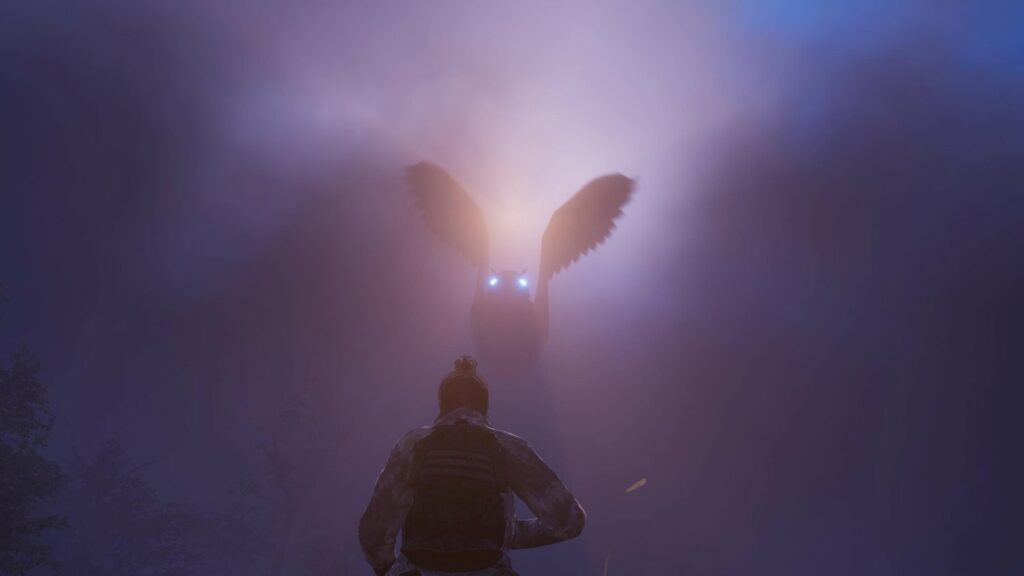A York University-funded project to develop an Indigenized curriculum and create experiential education opportunities has joined the UNESCO organization to promote and protect endangered Indigenous languages.
Funded by York's Academic Innovation Fund (AIF), Biskaabiiyaang: The Indigenous Metaverse has joined the global community for UNESCO's International Decade of Indigenous Languages (IDIL) 2022-2032.

Biskaabiiyaang joins 1,400 associated organizations working together to promote and protect Indigenous languages. The project, which received $40,000 in funding through the AIF, will design an Indigenous-led metaverse delivering Anishinaabe language and First Nation cultural competency programs within a virtual world.
Professor Maya Chacaby, a Sociology Department faculty member at York University’s Glendon Campus, is the project lead and Biskaabiiyaang’s chief visionary.
As part of the IDIL, Biskaabiiyaang will share and exchange Anishinaabemowin (Ojibwe language) resources and contribute to a growing community of action for Indigenous languages. It will also share stories, tools, and research into metaverse learning as the project develops, produced by its network of First Nation Elders, Anishinaabe community members, the Indigenous Youth Council, and its partners Nokiiwin Tribal Council, York University and UniVirtual.
"We highly value the opportunity to further our knowledge of Indigenous languages and issues through connecting with the global community", says Chacaby.
William Prensky, the founder and chairman of the board for UniVirtual, the company building Biskaabiiyaang in the metaverse, says, "Since work began on Biskaabiiyaang, it has been an honour to listen to the Anishinaabe community, not only to learn what they know but also how they feel."

"Connecting with Indigenous communities on a global scale through the UNESCO platform is a wonderful opportunity for our project, its partners, and for our team members as individuals; through learning and listening to Indigenous voices working for change, our worlds, both virtual and real, will be better for it. The centuries of Indigenous experience are vital if we are to survive, after having ignored those voices for far too long."
The IDIL’s Global Action Plan provides a strategic framework for its community – from UN-system entities, national governments, Indigenous peoples’ organizations, civil society and academia, to the private sector. Biskaabiiyaang supports the Global Action Plan by providing a sustainable, lifelong learning environment that will archive, safeguard, and revitalize Anishinaabemowin. Indigenous and non-Indigenous Peoples will be able to access Biskaabiiyaang as part of their formal or non-formal education at any time, regardless of geographical location.
Further in line with the Global Action Plan, Biskaabiiyaang’s process and vision recognizes and respects Indigenous knowledge. Through systems of digital empowerment, Indigenous communities are contributing their expertise to programs in Indigenous knowledge, histories, language, sciences and philosophies.
Through the IDIL community and over the following decade, Biskaabiiyaang aims not only towards the resurgence of Anishinaabemowin but of all Indigenous communities and languages across the world.
To learn more, click here.

